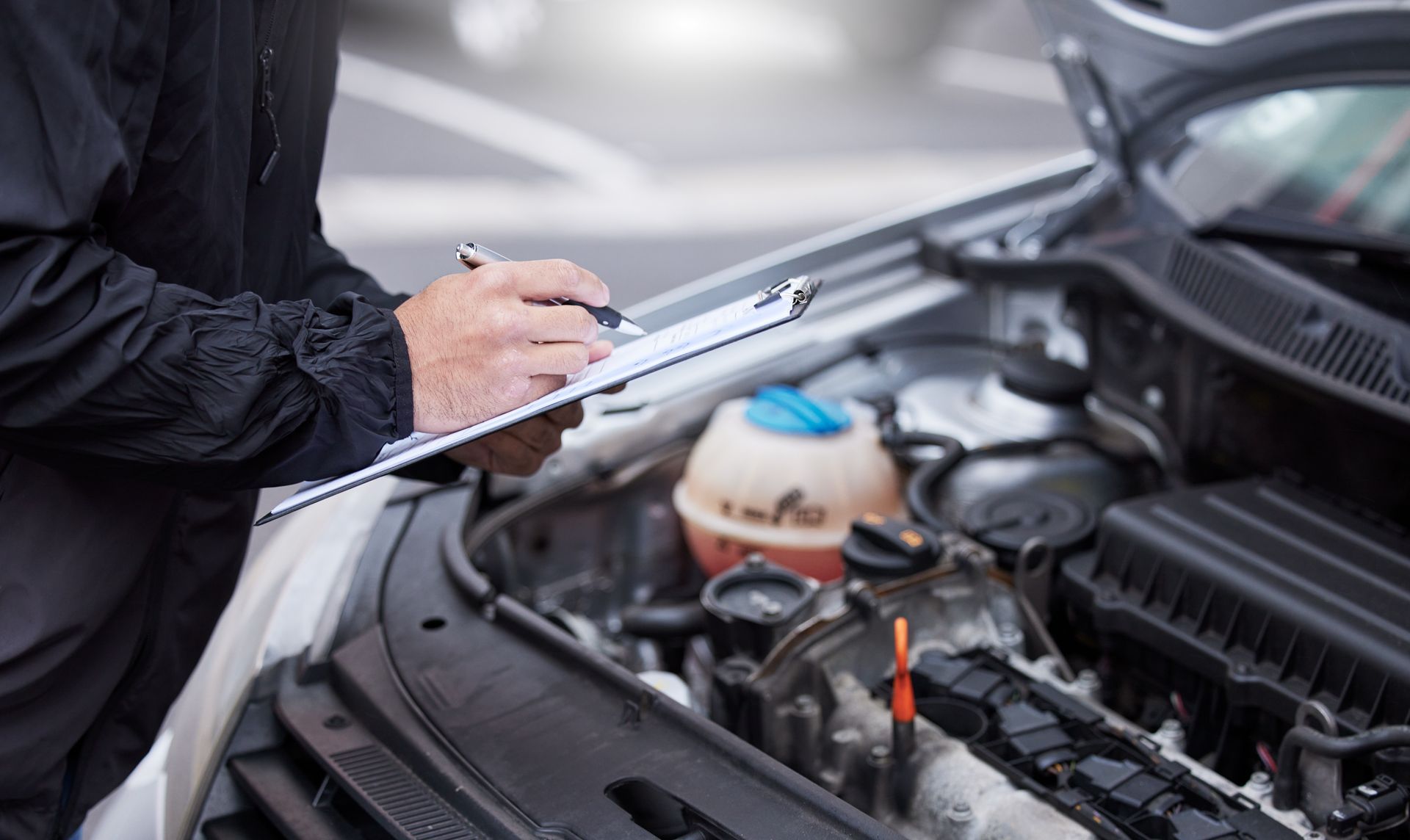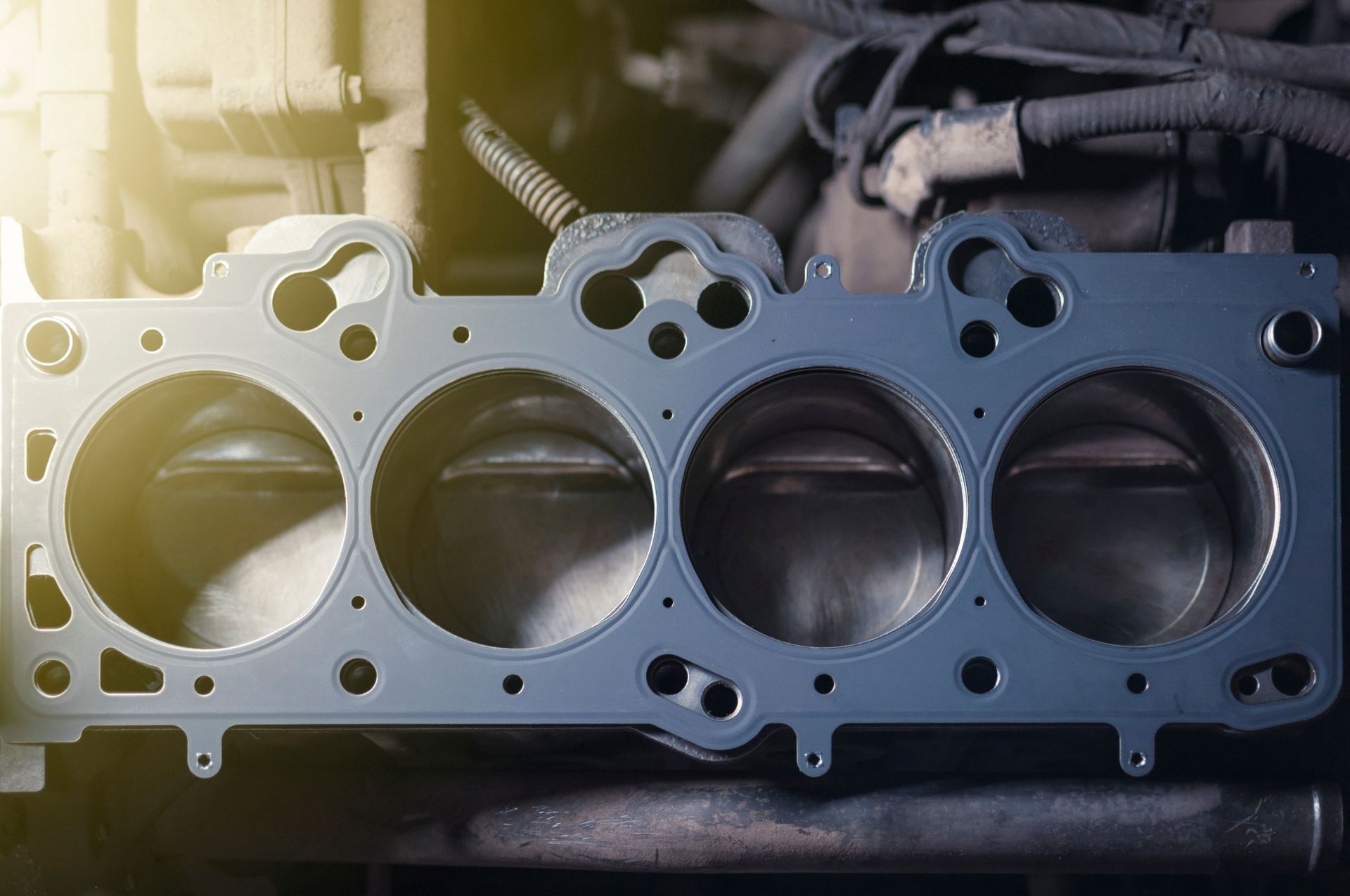How to Tell When It’s Time for a Clutch Repair
When your vehicle starts to feel different while shifting gears, it’s easy to shrug it off as just another “quirk.” But subtle changes in clutch performance are often the first sign that a more serious issue is developing. At Scanwest Autosport in Seattle, WA, we’ve worked with countless vehicles experiencing premature clutch wear or failure—often caused by small issues that were ignored too long. So how can you really tell when it’s time for a clutch repair?
The clutch is one of the hardest-working components in any vehicle with a manual transmission. It's responsible for transferring engine power to the wheels while allowing you to shift gears smoothly. But over time, friction, heat, and driving habits can wear down key components like the clutch disc, pressure plate, and release bearing. When any of these parts begin to fail, performance—and your driving experience—takes a hit.
One of the earliest and most noticeable signs is a change in how the clutch pedal feels. If you notice the pedal becoming spongy, stiff, or engaging too high or low, it may be time to get it inspected. Another telltale sign is slipping—where the engine revs climb, but your vehicle doesn’t respond with the expected acceleration. This usually indicates that the clutch is no longer maintaining full contact and is starting to wear out.
Grinding noises while shifting gears can also point to clutch issues, especially if accompanied by difficulty getting the vehicle into gear. In many cases, what sounds like a transmission problem may actually be rooted in the clutch system. Letting these symptoms go unchecked can lead to damage beyond the clutch itself, including stress on the transmission or even flywheel wear.
Another red flag is a burning smell, especially during stop-and-go driving or when driving uphill. That odor often comes from excessive clutch friction—usually a sign the clutch is overheating or being overworked. Drivers who regularly ride the clutch in traffic or rest their foot on the pedal are particularly prone to this kind of premature wear. A well-maintained clutch should last tens of thousands of miles, but poor habits can drastically shorten that lifespan.
At Scanwest Autosport, we see clutch issues ranging from minor adjustments to full replacements. The key to keeping repair costs down is addressing the signs early. Waiting too long can turn a relatively straightforward repair into a much larger job, requiring additional parts and labor. That’s why our diagnostic process always begins with a thorough inspection, not just of the clutch components, but of the hydraulic and cable systems that control them.
We understand that clutch problems don’t always happen overnight. Often, they worsen gradually—and by the time the symptoms are obvious, internal damage may already be done. That’s why we encourage Seattle drivers to bring their vehicles in as soon as they notice a change in shifting behavior, pedal feel, or performance. Early intervention helps avoid breakdowns and ensures your car remains safe and reliable.
Precision matters in clutch repair, just like it does in diagnostics. Every vehicle’s clutch system is a little different, and there’s no one-size-fits-all solution. Our technicians tailor each repair to match your vehicle’s specific needs, whether it’s adjusting linkages, resurfacing the flywheel, or replacing worn components entirely. We use high-quality parts and proven techniques to ensure your clutch functions like new.
In Seattle’s stop-and-go traffic, a responsive, healthy clutch makes all the difference in your daily driving comfort. Whether you're navigating the city or heading out for a road trip, your clutch plays a critical role in your vehicle’s performance and your confidence behind the wheel.
If you're wondering whether it’s time for a clutch repair, trust your instincts. Strange sounds, poor acceleration, and changes in pedal feel are all reasons to get your vehicle checked out. At Scanwest Autosport, we take the time to pinpoint the issue, explain your options, and get you back on the road with repairs you can count on. Because when it comes to clutches, waiting rarely makes things better—but acting early almost always does.






